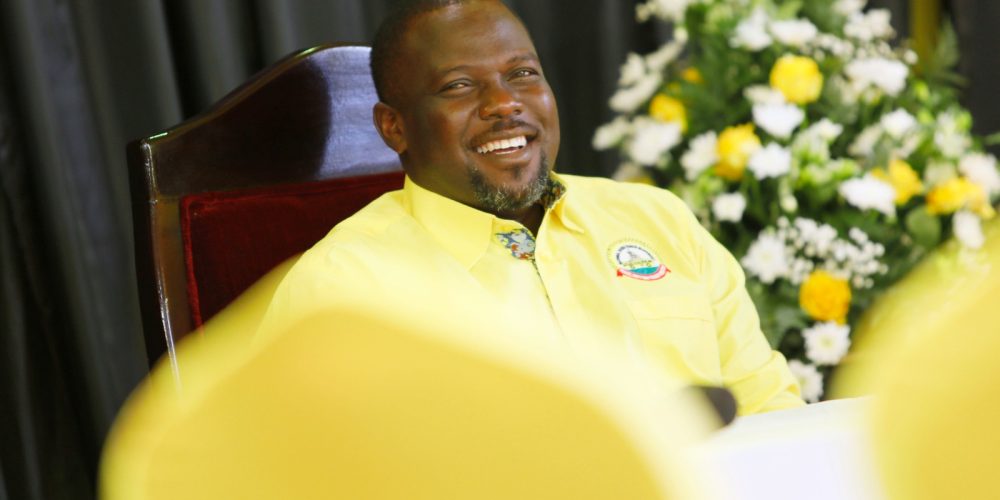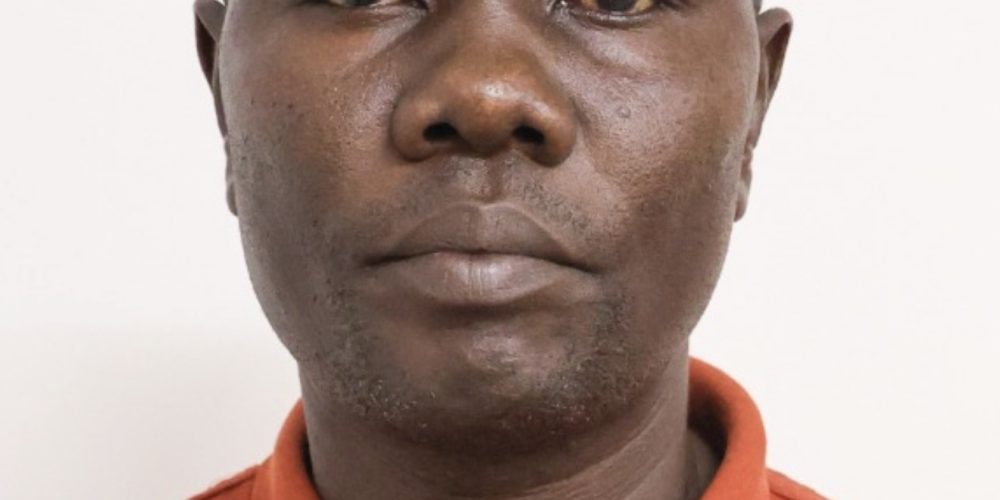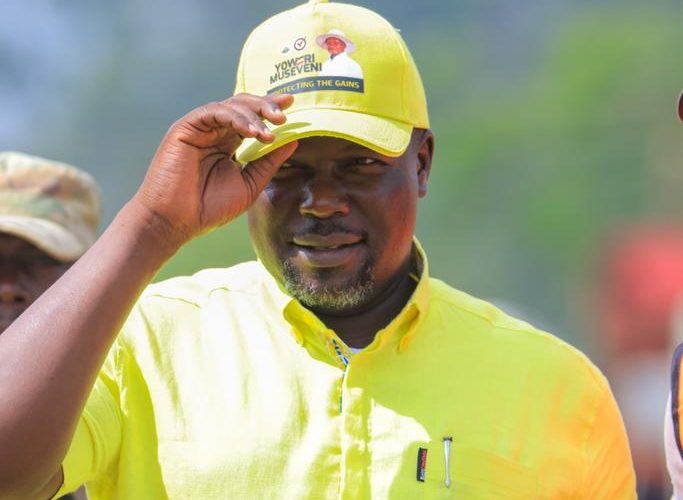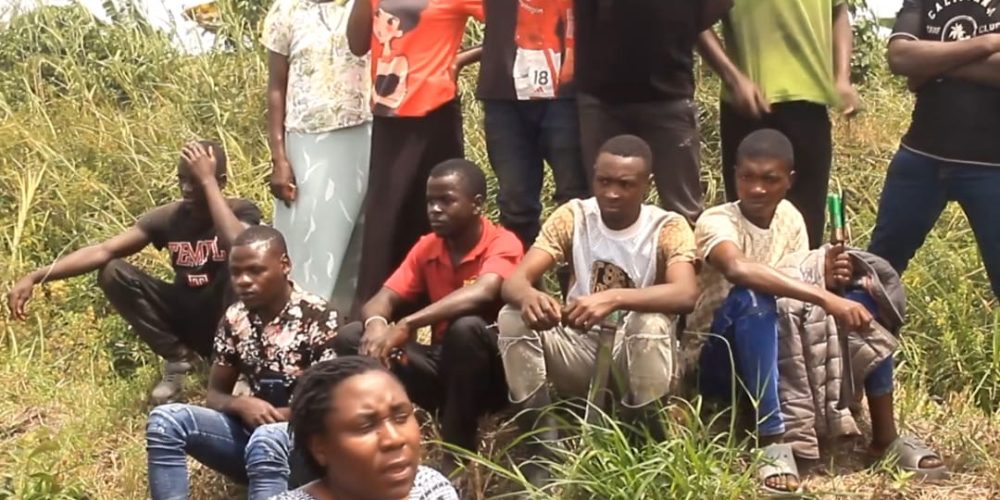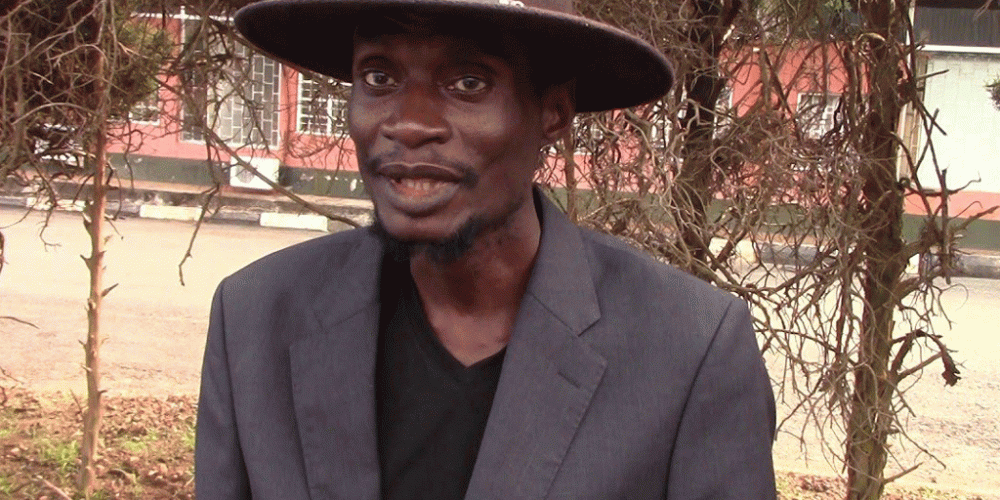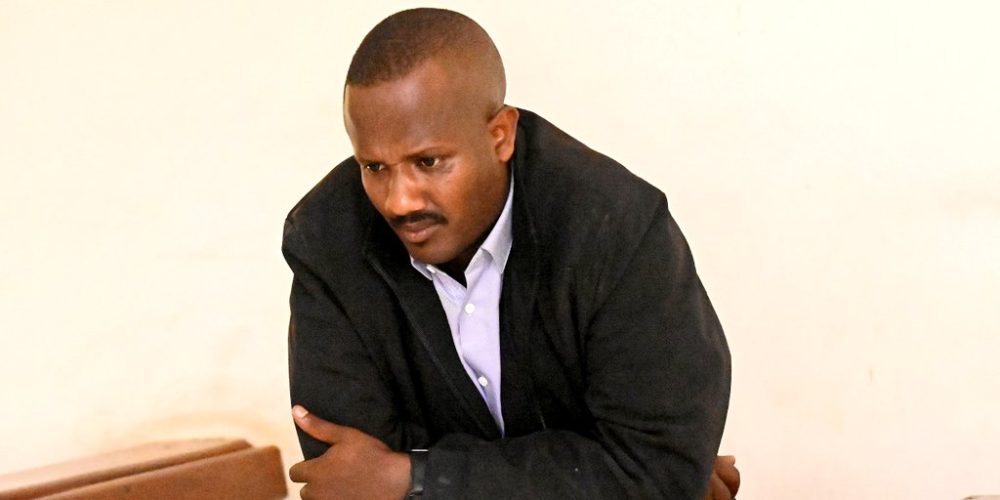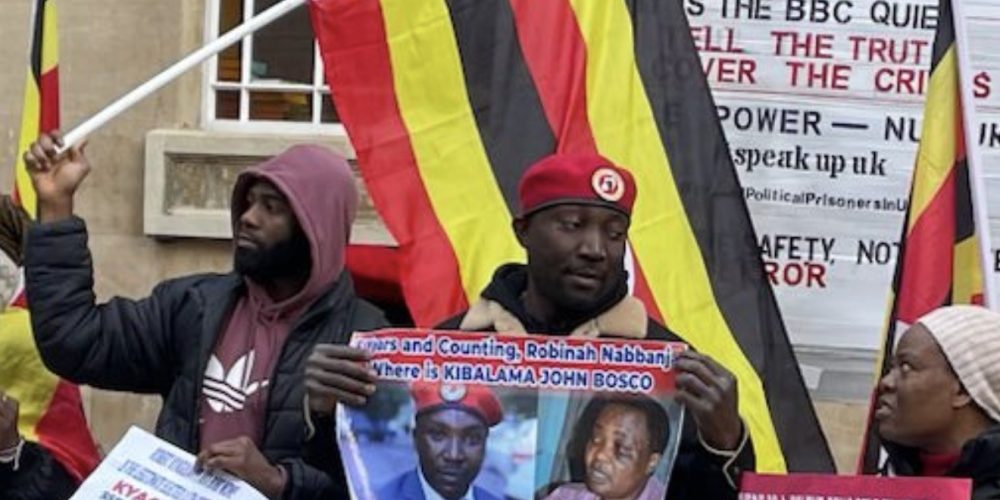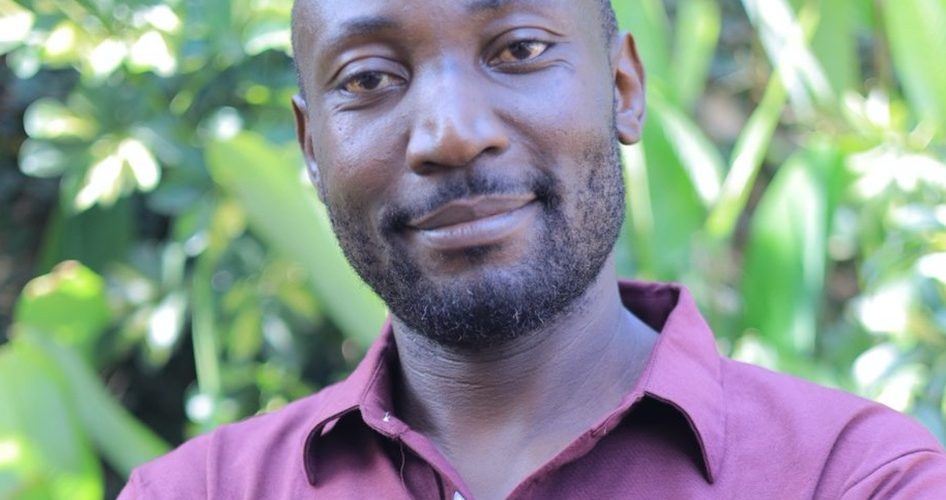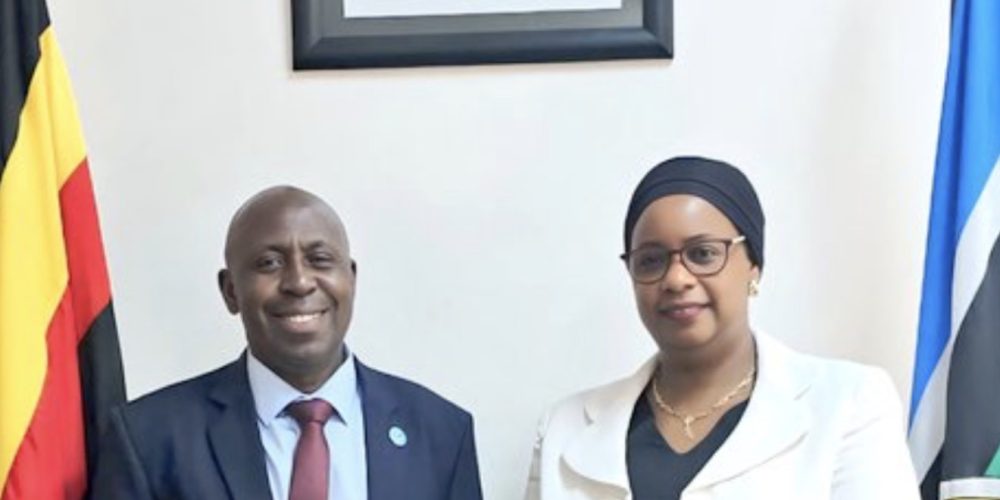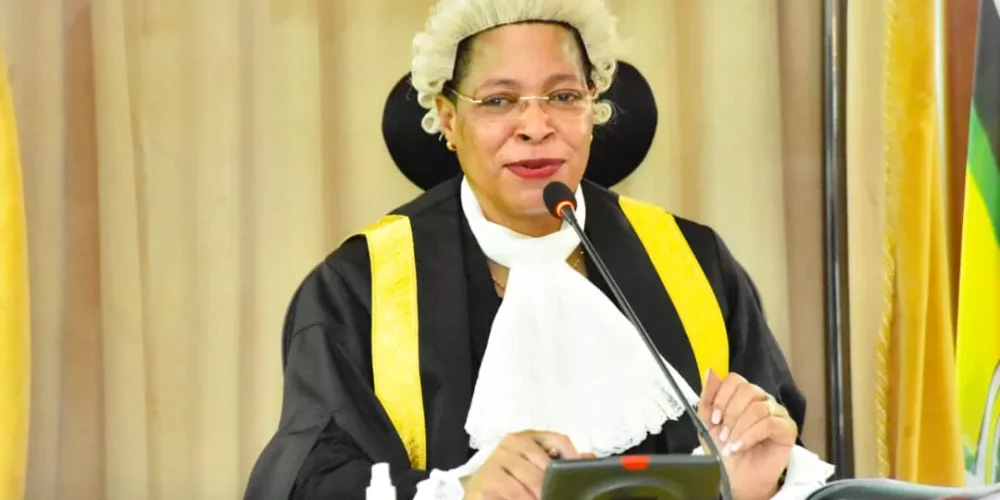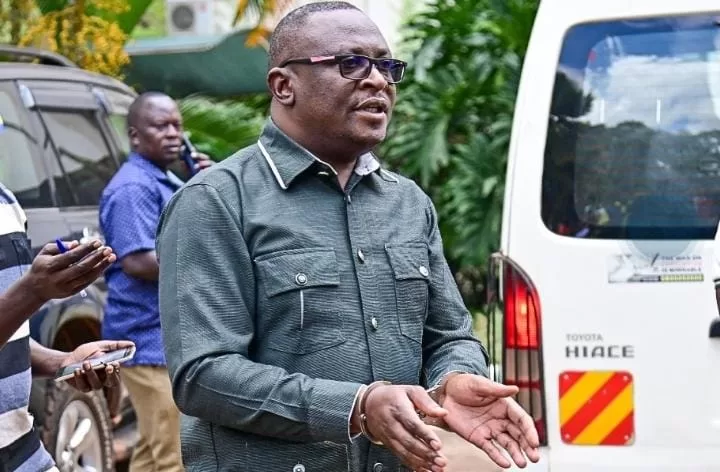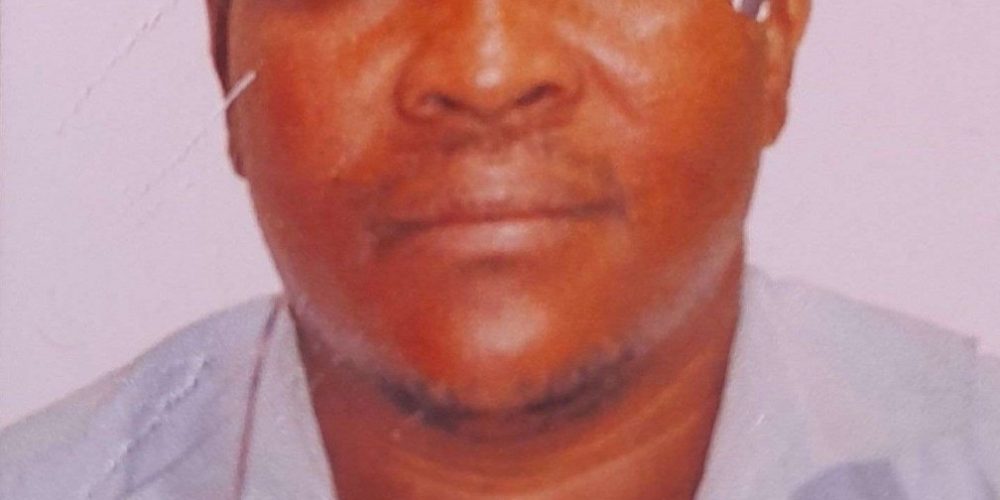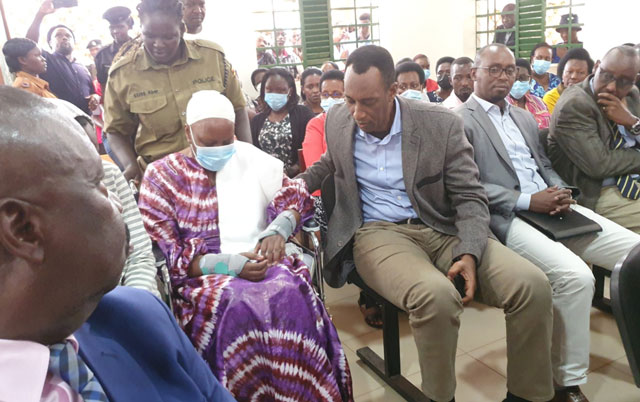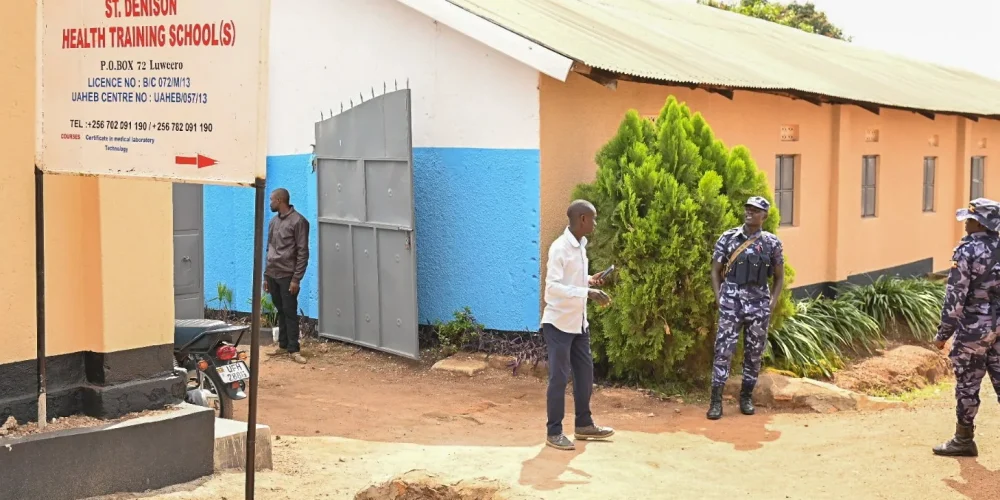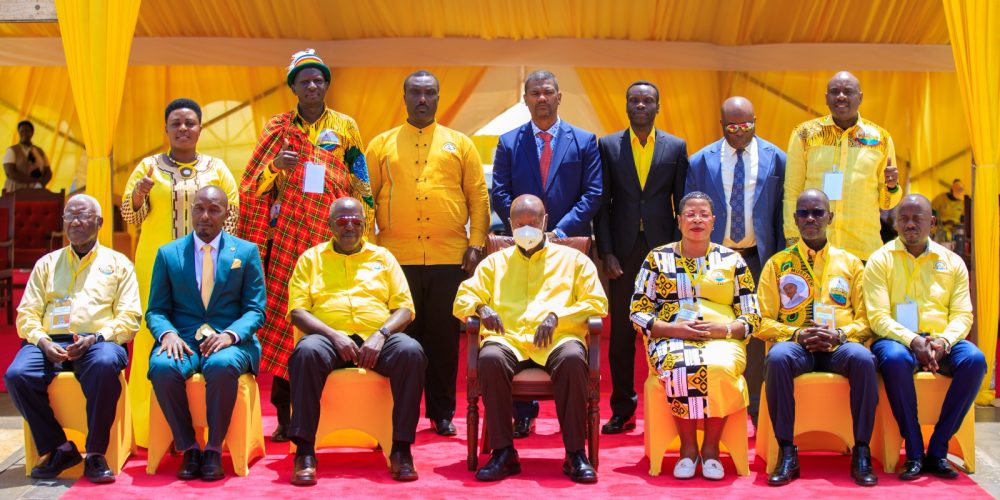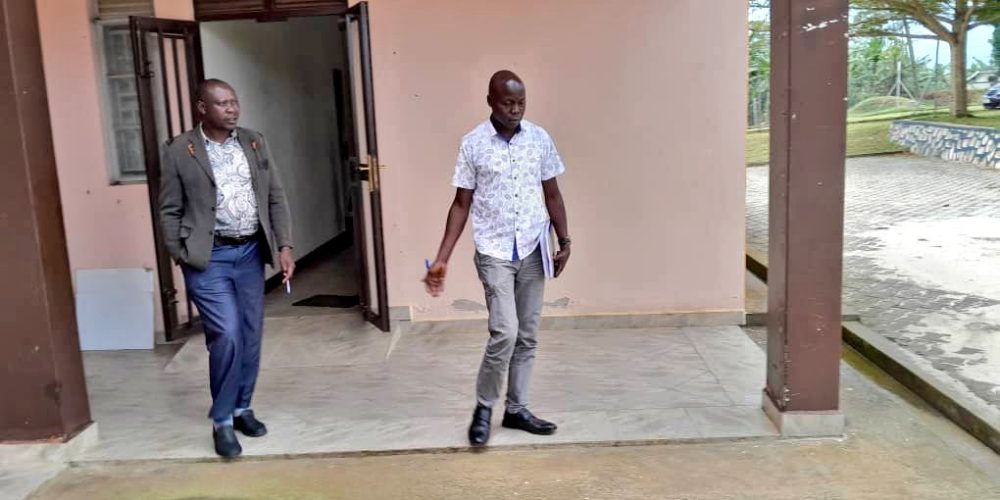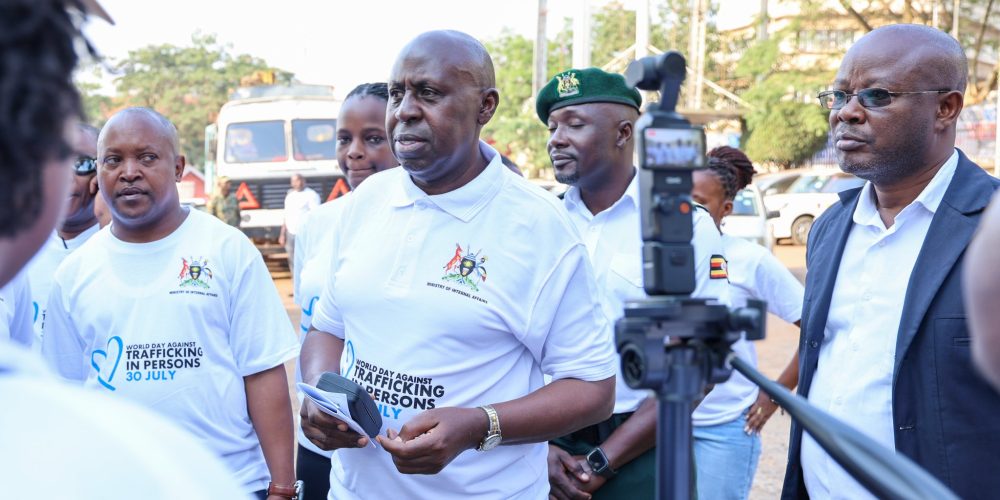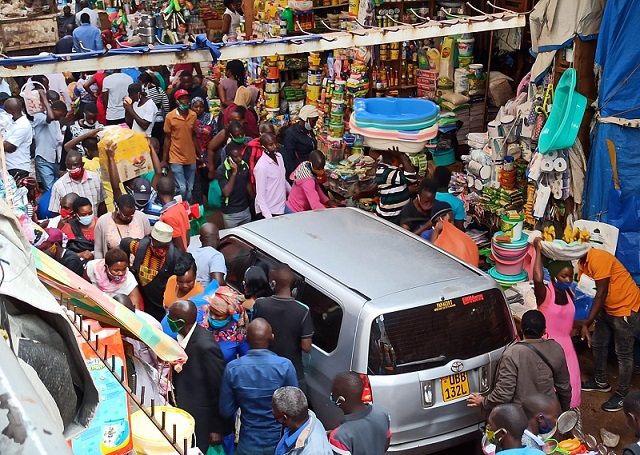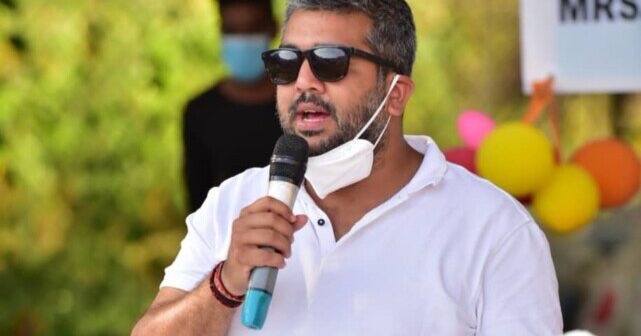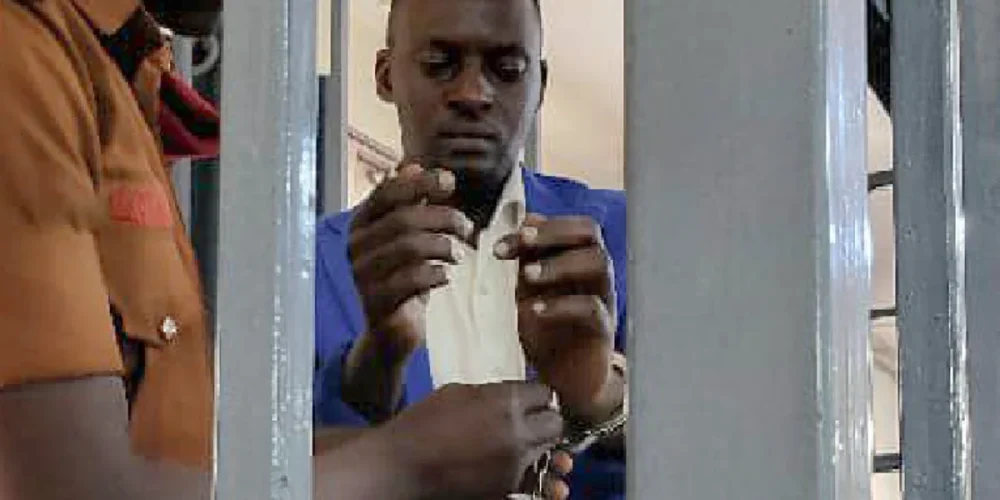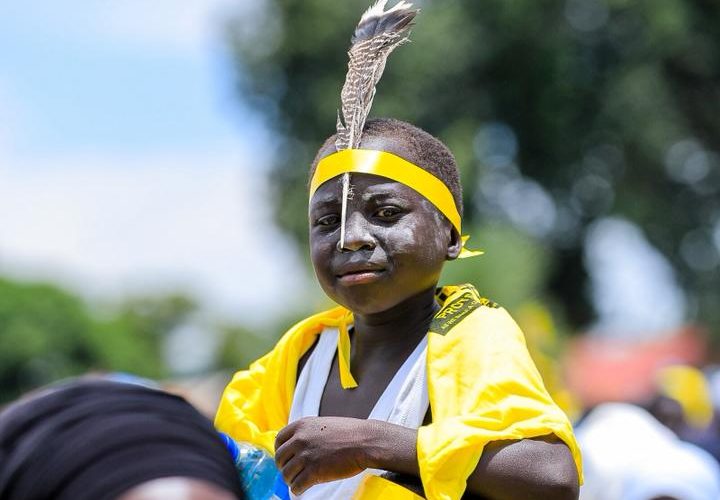How Politics Has Undermined Mainstream Media in Uganda
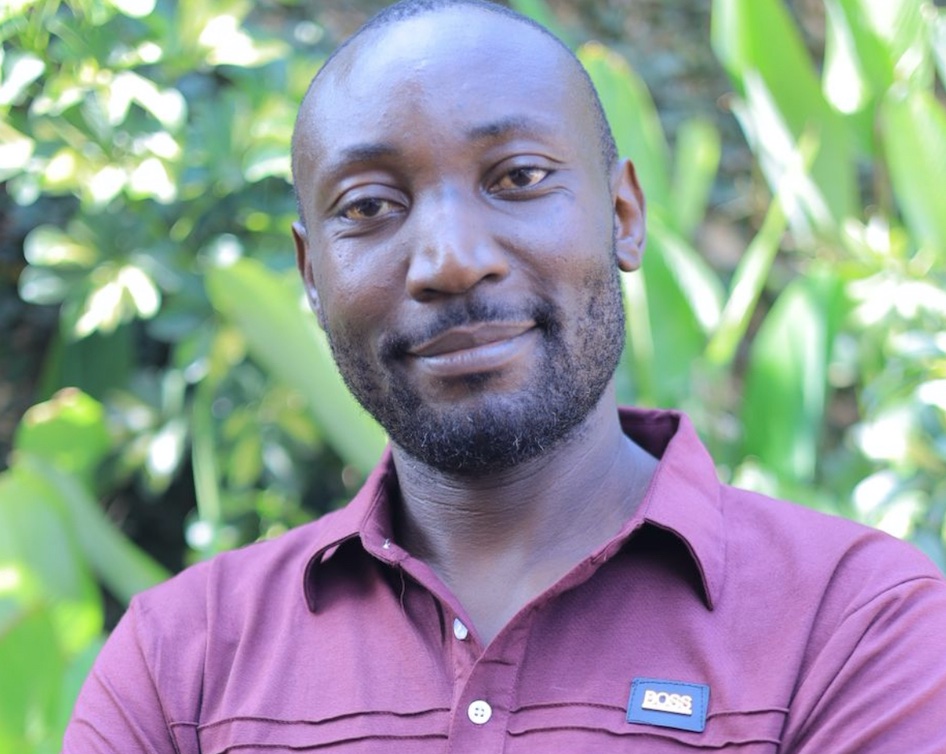
By RICHARD KIZZA LUGOBWA
In Uganda, once regarded as a beacon of media freedom in East Africa, mainstream media now stands on increasingly fragile ground.
What was once a vibrant press landscape, known for bold journalism and public engagement, has in recent years been marred by political interference, intimidation, clobbering and battering journalists and arrests which has constrained media operations.
The very harsh and unbearable working environment for journalists has created a climate of fear and extreme self-censorship leading to a drastic fall in the quality of information, and journalism in general as a profession.
As the 2026 general elections draw nigh, questions grow louder about the role of Uganda’s press and whether it can still fulfill its democratic mandate.
The recent years have seen a dramatic change in radio and television programming with a great increase and focus on entertainment programming (loosely called lugambo shows) as a way to run away from serious and sensitive political topics as these on many occasions have led to instant revocation of broadcasting licenses and sometimes arrests of show hosts.
The decline in media independence in Uganda is not an overnight phenomenon. It has unfolded gradually, shaped by political dynamics that reward loyalty and punish dissent. Under President Yoweri Museveni’s leadership now in his fourth decade in power Uganda’s political environment has become more centralized, with control over media emerging as a key strategic priority.
One of the most glaring issues is the consolidation of media ownership in politically affiliated hands. Several of the country’s major television, radio, and print outlets are owned or heavily influenced by individuals or businesses with close ties to the ruling National Resistance Movement party.
These ownership structures often lead to editorial decisions that favor the government, pushing narratives that align with state policy while muting critical voices.
President Museveni uses both the law and the military to punish heavily media houses which critic his regime.
As a result, the principle of media impartiality is lost.
The Uganda Communications Commission (UCC), the national media regulator, has increased its role in content control. Ostensibly under the guise of upholding “national security” and “ethical standards,” the UCC has suspended or penalized media outlets that air “inciting” content an often loosely defined term that critics say is abused to silence dissent.
Daily Monitor, owned by the Nation Media Group, and NTV Uganda have long been considered among the more independent outlets.
However, even these institutions have faced sustained pressure, both subtle and overt. Journalists report being instructed to avoid topics that “may offend the authorities” or to tone down criticism of government officials.
Others have seen critical pieces pulled at the last minute or editorial decisions overridden by management with political connections.
Journalists and media hosts affiliated to the National Unity Platform party, led by Hon Robert Kyagulanyi Sentamu continue to face state motivated persecution and many of them have been summarily dismissed from work.
During the 2021 presidential election campaigns, journalists covering Robert Kyagulanyi Sentamu’s rallies were continually harassed by the police and military, cameras smashed, footage deleted, and accreditation withdrawn, all designed to instill fear and discourage independent reporting.
This brutality continues to this day. Early this year during the Kawempe North constituency by election, journalists were clobbered severely and despite local and international criticism, authorities didn’t give any apology.
Many journalists are underpaid yet overworked, facing additional pressure to conform to the principles of professional media practice. Some accept “facilitation” fees, euphemisms for bribes to shape coverage in favor of political or corporate interests.
As mainstream media goes into political capture, social media had emerged as an alternative platform for dissent and grassroots journalism. However, even this frontier is now under threat. The government has invested heavily in digital surveillance and cyber laws that criminalize online speech deemed to “promote hatred” or “undermine the state.”
During key political events, including elections and protests, internet blackouts have been used as tools of repression. Bloggers and independent content creators have been arrested and charged under the Computer Misuse Act, often without due process.
Despite the grim picture, pockets of resistance remain. Online platforms, bloggers and political analysts continue to push boundaries, despite horrendous risk.
As the country prepares for the 2026 general elections, the stakes are high for Uganda’s media. The public’s right to information, a cornerstone of any democratic society, is at risk.
To this day, journalists continue to operate under difficulty and conflicting loyalty, driven by a commitment to truth and accountability.
There is need for urgent structural reforms starting with ownership transparency, regulatory independence, and protections for journalists. Short of that, the future of Uganda’s mainstream media looks increasingly bleak.
The writer is an advocate for democracy and justice through the arts, media and other platforms
Email: richardlk63@gmail.com
Tel: +447351353725













